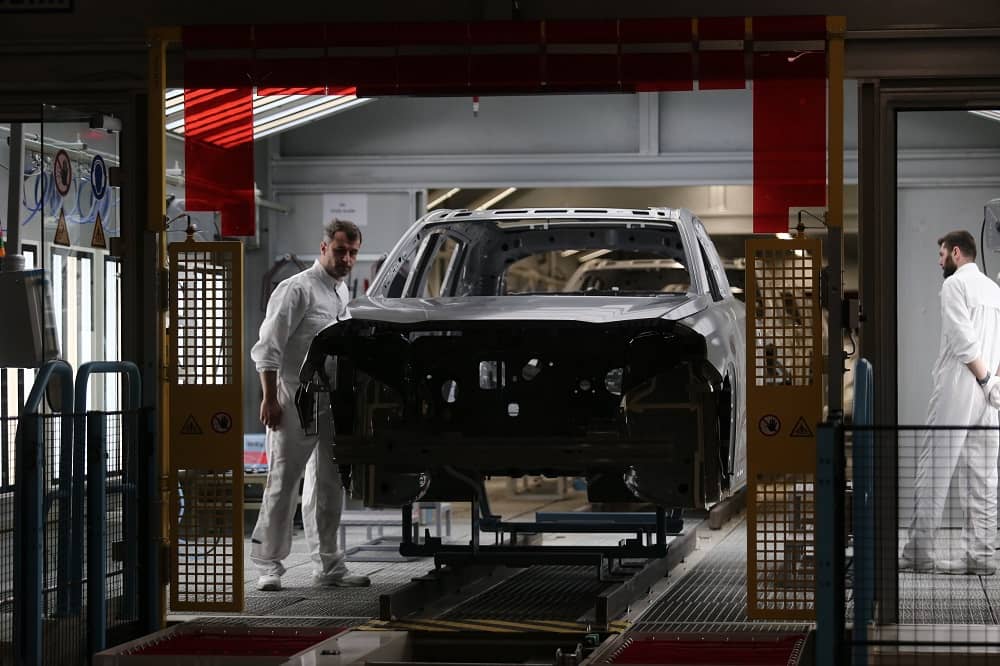Heralding what could be one of the most significant environmental waves in the automotive industry, diesel car manufacturers are being warned that they may soon receive legal notices with over a million compensation claims. The ripple effect of such a figure could redraw the landscape of vehicular pollution, consumer rights, and even financial markets. But how did we arrive at such a tipping point? And what could the domino effect mean for the world?
The Backstory of Dieselgate
To understand the current landscape, one needs to know the origins of Dieselgate. Volkswagen’s involvement in the 2015 diesel emissions scandal has been a parable of modern corporate malfeasance. The scandal emerged from Volkswagen’s systematic manipulation of software in diesel engines to lower emissions during testing. The fallout not only led to over $30 billion in legal fines for VW but also shattered trust in an entire sector.
The malfeasance was simple in conception but grand in scale. While in test environments, the engines’ computer systems would reduce the emissions output, only to revert to a more pollutant-heavy mode once on the road. The environmental and health impacts were significant, as excessive nitrogen oxides (NOx) pose a serious risk to public health and contribute to smog and acid rain.
The Legal Rumbles Begin
It all began to unravel when independent researchers published their findings, which were followed by accusations from the International Council on Clean Transportation. What ensued was one of the most far-reaching environmental cover-ups in history.
Fast forward to the present, and the repercussions have moved from the realm of corporate penalties to the potential for landmark consumer litigation. The UK High Court has paved the way for approximately 1.2 million diesel car owners to file an emissions claim against manufacturers such as Volkswagen, Mercedes-Benz, and Fiat Chrysler for compensation, due to the cheat devices in their vehicles.
The Financial Fallout
The financial implications of this shift are significant, equivalent to roughly £3 billion, according to estimates by lawyers. This momentous finding erodes a critical pillar of the manufacturers’ defence, the claim that the software was an engineering necessity and not a con to pass tight emissions regulations.
What the court’s green light for diesel compensation claims signals is the rising tide of consumer awareness and empowerment. No longer will the fines and settlements borne by the companies be shuffled behind boardroom doors but could manifest in the wallets of millions of car owners.
Companies like VW have already struggled with the remediation costs and the damage to their brand from the initial scandal. The potential compensation could dwarf even the massive outlays they have already made.
A Sea Change in Consumer Rights
The legal green light illuminates a significant shift in consumer rights and protections as it pertains to environmental claims. In the wake of Dieselgate, it has become clear that consumers have a leg to stand on in seeking damages for the environmental and health effects of corporate negligence.
This change is not isolated to the automotive industry. It could set a precedent that echoes through sectors as wide-ranging as pharmaceuticals, energy, and more. It means that corporations must now face a new sort of reckoning, ethical and environmental. The implication is clear: robust regulations that protect the environment are not enough; there must also be consequences that are tangible and personal, and holding car manufacturers accountable for diesel claims is one of them.
Implications for Policy and Practice
Policy, too, will feel the reverberations of this potential tidal shift in consumer empowerment. Regulation like the European Union’s stringent emissions standards may be reinforced, but also more vigilantly enforced. More importantly, there may be impetus for new policies aimed at proactive monitoring and management of environmental impacts.
VW’s Dieselgate was a touchstone for lax regulation and cheating at the expense of global environmental health. The aftermath of the scandal could, however, kick off an era of unprecedented stringency and accountability in corporate behaviour.
The future of the automotive industry remains uncertain. Though electric and hybrid vehicles offer a path forward, they are not without challenges. Infrastructure, consumer adoption, and the transition away from entrenched fossil fuel-dependent systems are significant hurdles.
However, what is clear is that the principles of transparency and responsibility must guide the industry’s evolution. Complacency and corner-cutting are no longer practical for companies who wish to earn consumer trust and maintain market share. The cultural and structural shifts necessary to shepherd the industry through this period will not be easy, but they are essential.
Conclusion
The Dieselgate scandal and its impending wave of consumer compensation claims mark a turning point for the automotive industry and corporate accountability. The spectre of 1.2 million claims serves as a stark reminder that the ethical missteps of corporations carry real-world consequences for the environment and consumers. Find out how you can file a diesel claim by visiting https://www.emissions.co.uk now.

